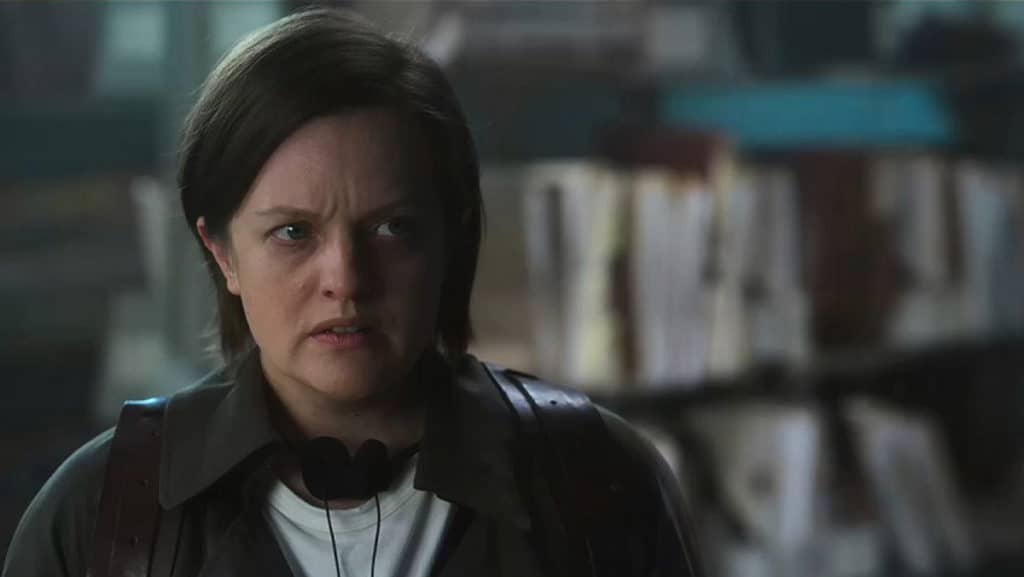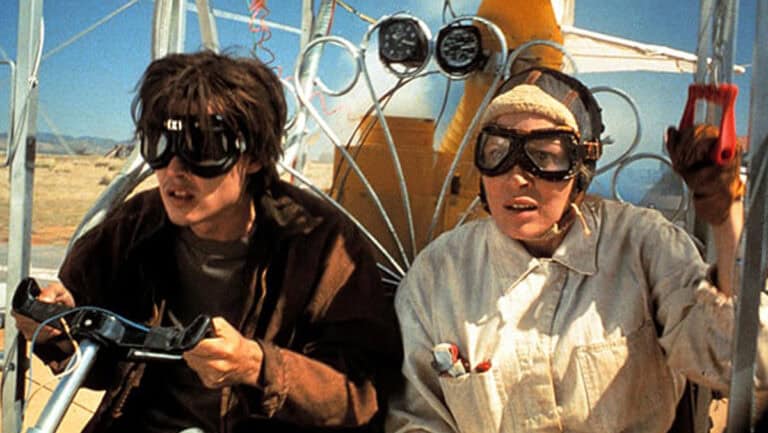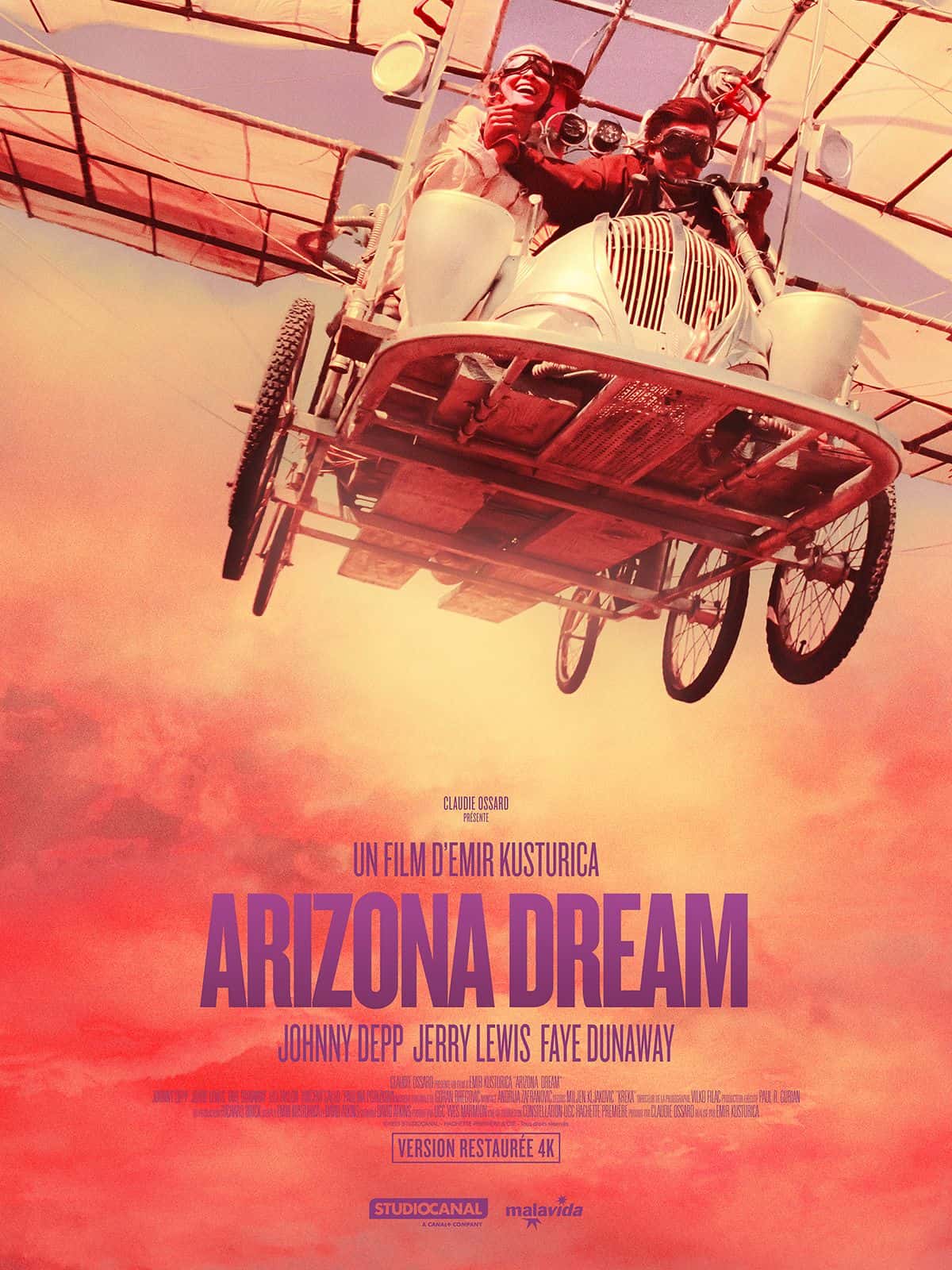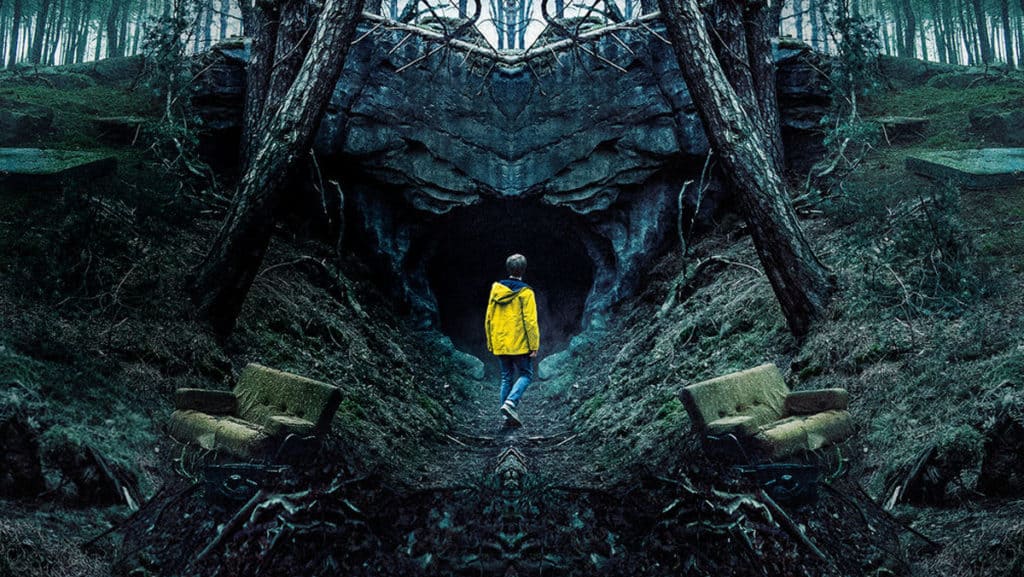Emir Kusturica’s 1993 film Arizona Dream stands as one of the most distinctive works of independent cinema in the 1990s, offering audiences a uniquely imaginative and unforgettable experience. With its surrealist elements, dark humor, and nonlinear narrative, the film delves into themes of dreams, disorientation, and the tension between reality and fantasy. Beneath its layers of whimsical absurdity and sharp satire, Kusturica delivers a scathing critique of American society, the American Dream, and the crisis of identity. Beyond its unconventional storytelling, the film also tackles social, class, and political issues of its time, maintaining its relevance as a subject of analytical exploration. At its core, Arizona Dream is a dark comedy—a tale of wandering souls desperately thirsting for a meaningful life.
Unlike his previous works, Kusturica filmed Arizona Dream in the United States, perhaps as an artistic attempt to deconstruct the American Dream from an insider’s perspective. The story revolves around Axel (played by Johnny Depp), a young man trying to escape the predetermined fate of American life, only to find himself trapped in the very cycle he seeks to avoid. Through his signature blend of dark humor and symbolism, Kusturica portrays a consumer-driven society where progress and personal success are predominantly defined by material wealth.
Through the character of Leo, Axel’s uncle and a car dealership owner, Arizona Dream presents a caricatured critique of the American Dream. Leo believes that happiness is defined by owning beautiful cars and running a successful business, while the other characters in the film each grapple with dissatisfaction, failure, or delusion in their own way. He summons his nephew, Axel Blackmar, from New York to take over the family business, but Axel, deeply attached to his own dreams, finds himself torn between familial expectations and the chaotic allure of modern American life. Like many from the younger generation, he struggles with an identity crisis—unsure whether to follow the conventional path of “American success” or pursue his own aspirations. Throughout the film, this conflict between the older generation, bound by traditional values, and the younger generation, lost in their search for meaning, becomes increasingly evident.
Axel’s relationship with an enigmatic woman named Elaine and her troubled daughter, Grace, pushes the story into surrealist drama, where the boundaries between reality and fantasy blur. Elaine dreams of flying and escaping the monotony of daily life, yet ultimately finds herself trapped in her own failures. She serves as a symbol of Americans caught in unrealistic dreams they can never fulfill. Through the complex dynamic between Axel and Elaine, Kusturica highlights the emptiness and contradictions of modern society. Meanwhile, Grace, a rebellious and disillusioned young woman struggling with suicidal thoughts, embodies a generation lost between anger, despair, and the inability to find meaning in their existence.
Emir Kusturica, known for his distinctive style and Eastern European filmmaking roots, crafts Arizona Dream with inventive framing, dreamlike imagery, and unconventional editing, evoking a strong surrealist aesthetic. The film’s visual atmosphere frequently departs from realism, immersing itself in the dream worlds of its characters—where fish take flight, abrupt narrative shifts redefine the film’s structure, and reality is constantly distorted. Within this framework, Kusturica seems to challenge the very essence of the unattainable American Dream, masking harsh realities beneath layers of humor and fantasy.
Floating characters, bizarre dream sequences, and recurring motifs such as airplanes, fish, cars balanced atop towering pillars in the desert, floating balloons traveling from the Arctic to New York, and even television screens all contribute to the film’s social and political critique. Arizona Dream is a blend of dark humor and poetic imagery, lending a unique beauty to its chaotic world. Perhaps the film’s defining moment is Grace’s failed suicide attempt—she tries to hang herself with a pair of socks, only to realize too late that they are elastic. Suspended between life and death, Axel oscillates between saving Grace and calming Elaine, while Leo indifferently finishes his meal. It is an instance where Kusturica, as always, satirizes everything that dares to challenge life itself, blurring the line between tragedy and absurdity.
As an Eastern European filmmaker, Kusturica has consistently held a critical perspective on American politics and imperialism. Arizona Dream is laden with subtle references to U.S. expansionism and military interventions worldwide. One of the film’s most striking symbols is a dead fish that still appears to be swimming—an apt metaphor for an empire that continues to assert dominance despite having lost its moral and ethical foundation.
With biting humor and sharp satire, the film ridicules America’s consumerist culture and colonial mindset, exposing the moral and spiritual bankruptcy hidden beneath its dazzling exterior. By employing surrealist elements and layered symbolism, Kusturica reveals the hollowness of a system that, despite its grand spectacle, remains fundamentally empty.
Arizona Dream is a profound meditation on identity, the American Dream, and the ethical decline of capitalist society. Through the language of cinema and dark humor, Kusturica constructs a world where characters strive to escape the endless cycle of modern existence, only to find themselves ensnared within it once again. With its powerful performances, distinctive atmosphere, and philosophical depth, the film stands as one of the most unique cinematic works of the 1990s—both artistically and politically thought-provoking, demanding reflection long after the credits roll.






